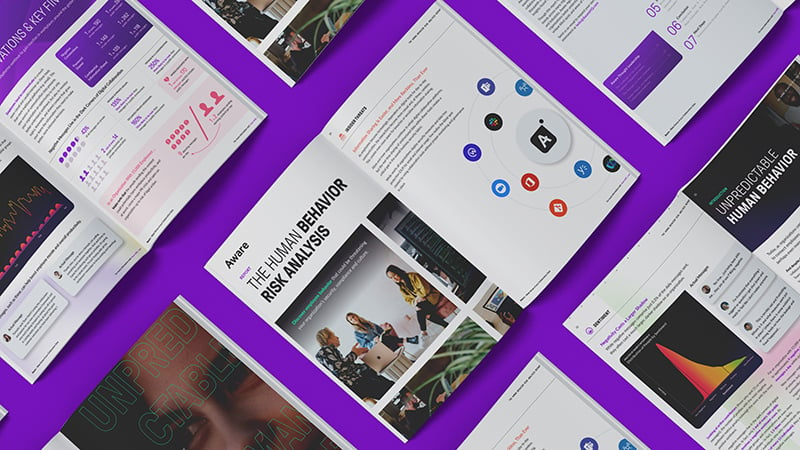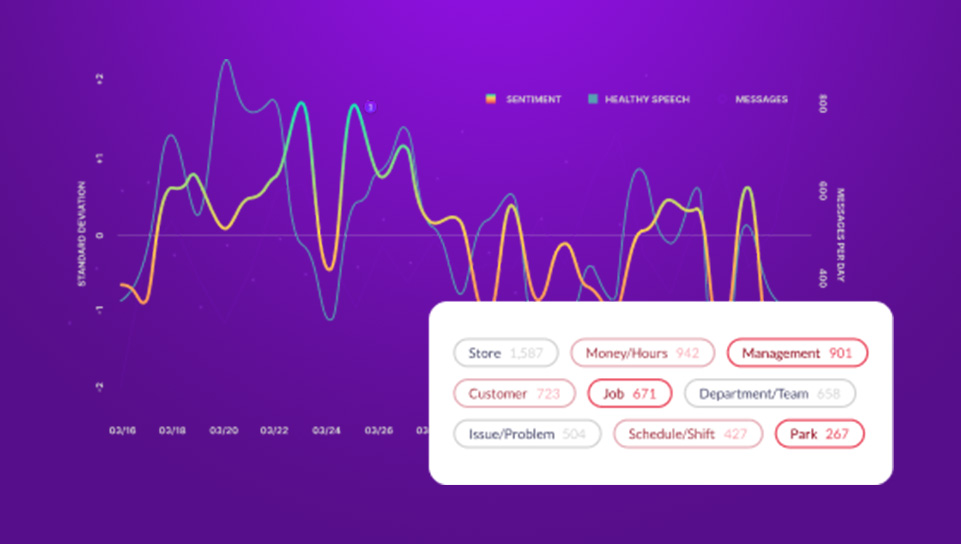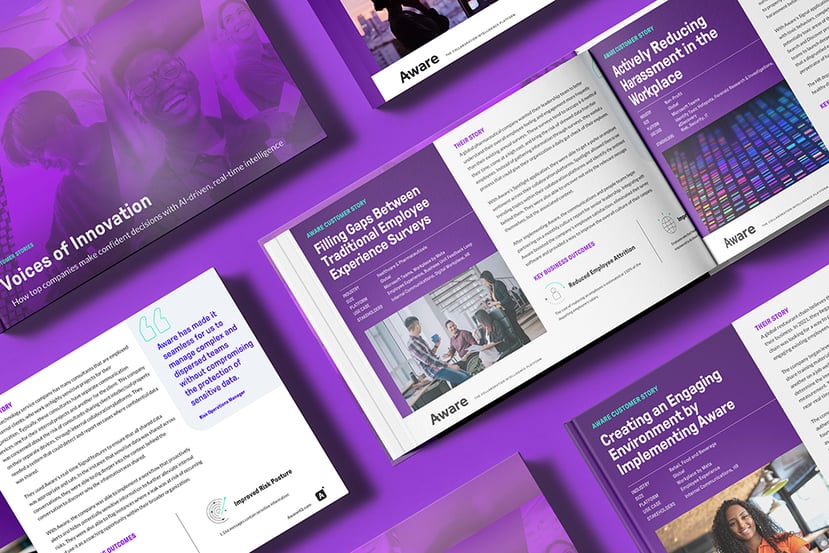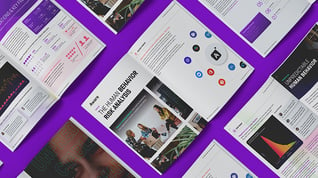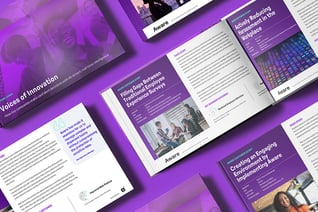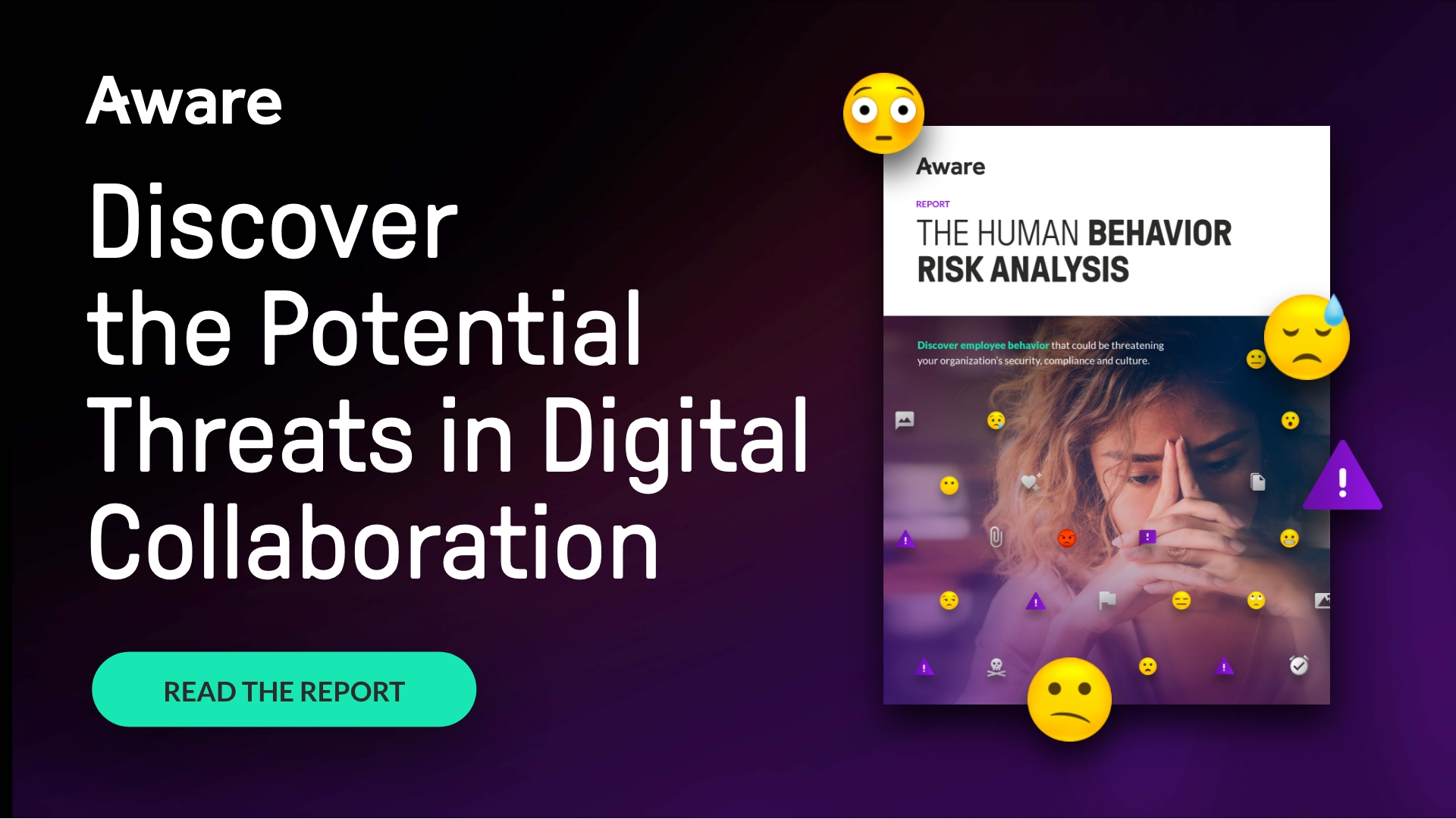The Basics of Artificial Intelligence: What It Is and Who Is Using It
by Aware
The introduction of artificial intelligence (AI) is comparable to the invention of the Internet or electricity in terms of its global impact. From our smart phones to the internet, artificial intelligence guides our lives in unprecedented ways.
History of Artificial Intelligence
The term artificial intelligence (AI) was coined in 1956 at a Dartmouth conference. Since 1956, artificial intelligence has continued to evolve, making it possible for innovations like self-driving cars that plot the fastest possible route to the grocery store. AI allows for Google Maps to stay popular and stay relevant. Now, as artificial intelligence improves, the technology is expected to enter nearly every industry in a variety of applications.
What is Artificial Intelligence?
The true definition of AI is a topic of frequent debate. That’s because there are few aspects that hold true in all the different applications of AI. Artificial Intelligence is simply an all-encompassing term for the ability for a computer program to identify patterns based off data sets in order to answer well defined questions.
Applications of Artificial Intelligence
Artificial intelligence operates on a massive spectrum, and AI can be applied in almost every discipline. Here are a few examples:
- Social Media: Twitter uses AI to create a timeline that is curated to a user’s specific interest and creates recommendations based off those interests.
- Recycling: AMP Robotics is using robots and AI to identify individual pieces of recoverable material off a conveyor belt.
- Driverless Vehicles: Several companies such as Waymo, Uber, and GM are exploring ways of reducing car accidents by having AI-controlled vehicles with the upcoming implementation of autonomous cars.
- Ocean Exploration: In an effort to reduce the cost of marine exploration, Oscar Pizarro, is introducing the use of autonomous drones to explore the ocean.
Why People Are Talking about Artificial Intelligence
As previously mentioned, artificial intelligence is applicable to several industries and this has many business leaders excited.
“No machine can ever replace human judgment, but judgment can be better informed than it is today using tools that AI provides,”
The resulting effects of AI include increased:
- Business efficiency by automating repetitive tasks,
- Risk mitigation by identifying data breaches in near real-time,
- Innovative capabilities to attain insights from a wider scope of information that may not have been accessible.
The Limitations of Artificial Intelligence
- You need data. Lots and lots of data. Vast amounts of data need to be available for AI to discover patterns necessary for making informed decisions. Artificial intelligence algorithms are currently applicable across broad and growing set of disciplines.
- Artificial intelligence is only as informed as your data. Accurate and objective data is necessary to consistently answer the question you’re asking, because AI models are trained off finite data sets. This is the most prominent limitation of artificial intelligence.
Human Behavior Risk Analysis
Here at Aware, we leverage AI to help organizations attain insights from the unstructured data of employee communications. Because we think employee communications are fascinating, we want to share our findings with you.
Sign up to receive the Human Behavior Risk Analysis report in your inbox.
AI-infused Tool for Collaborative Corporate Communication
Aware offers an AI-infused compliance solution for collaborative tools like Yammer, Microsoft Teams, and Workplace by Facebook. With artificial intelligence, Aware can understand the full context of potentially risky messages, reducing the occurrence of false positives and negatives. Connect with our team to learn more about Aware's collaboration monitoring solution.
